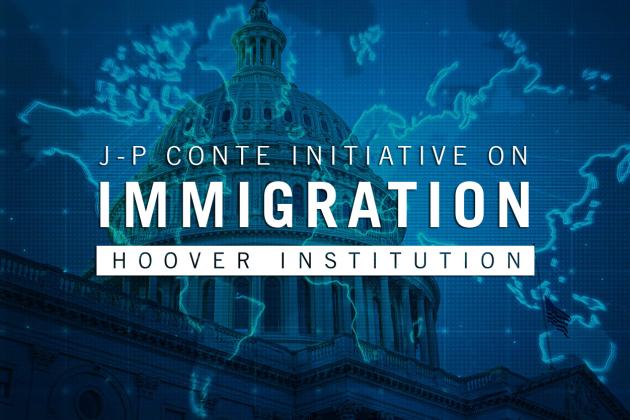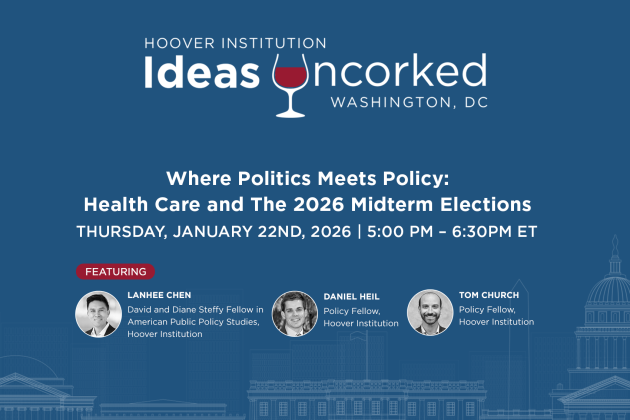Working Group Attendees
George Shultz, John Taylor, John Cogan, Michael Boskin, John Gunn, Charlie Johnson, John Shoven, Volker Wieland, John Ciorciari, and Matt Gunn
Relevant Issues Discussed
-
Concept Paper – John Taylor began by reviewing the Working Group’s concept paper, which emphasizes key changes in the global economy and the need for sound academic and policy responses. Participants discussed how uncertainty in the global economy has spurred rising ideological challenges to proven principles of market-driven economics. A key role of the Working Group will be to develop strong intellectual defenses of established economic principles. Taylor agreed to amend the concept paper to highlight that goal.
-
Market Responses to the Subprime Crisis – John Gunn followed with a presentation on the effects of the subprime crisis. He argued that that multiple channels of capital availability, mark-to-market requirements, and the general health of the economy have made markets quite resilient to recent shocks, helping to protect the real sector from adverse financial developments. Participants then discussed the causes of the subprime crisis and the appropriate policy responses.
-
Contributing causes included unusually low interest rates, a stretch for yield by originators, poor collective understanding of the risk in new financial instruments, and weak oversight by rating agencies. The size and complexity of financial conglomerates also created conflicts of interest and prevented managers from assessing risks.
-
Gunn argued that the market will provide the most effective correction for these ills and that the government should resist the temptation to intervene excessively. He also pointed to the need for market players to improve their own risk assessments. Several participants agreed, and the group concluded that it would be useful to evaluate some of Gunn’s hypotheses and prescriptive arguments in one or more papers.
-
-
The Fed’s Term Auction Facility – John Taylor summarized his recent findings on the Fed’s recent efforts to inject liquidity into the economy. In August, concerns about counterparty risk and other factors led to dramatic increases in 3-month LIBOR spreads over the Fed funds overnight rate. The Fed responded in part by establishing a Term Auction Facility (TAF), which allows banks to borrow money for one-month periods without facing the stigma of using the discount window. The Fed’s principal aim has been to drive down interbank rates, but it is unclear how effective the TAF has been. Taylor and John Williams are examining new data other economies and will keep the Working Group informed.
-
Fiscal Stimulus & Monetary Policy – Finally, Volker Wieland presented his draft paper on the relative effects of fiscal and monetary stimuli for an economy facing potential recession. A recent Brookings Institution report argued that fiscal stimuli deliver more immediate impact on real GDP and employment than shifts in monetary policy. Wieland challenged that assertion, noting that implementation of fiscal measures takes time, whether the government cuts taxes or increases spending. In addition, the effects of fiscal stimuli depend on a range of factors, including consumers’ propensity to spend any tax savings received. Wieland stressed the importance of testing the robustness of claims about fiscal or monetary policy stimuli by tracing their likely effects through a number of credible, competing theoretical models. Several members of the Working Group argued that the current fiscal stimulus plan would probably not deliver significant economic benefits and may steer policymakers away from economically optimal choices. The group concluded that it would be useful for Wieland to develop his paper and publish it through SIEPR.









